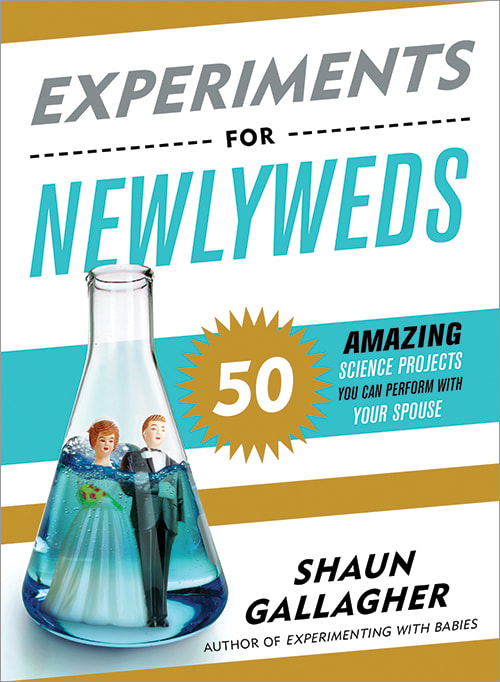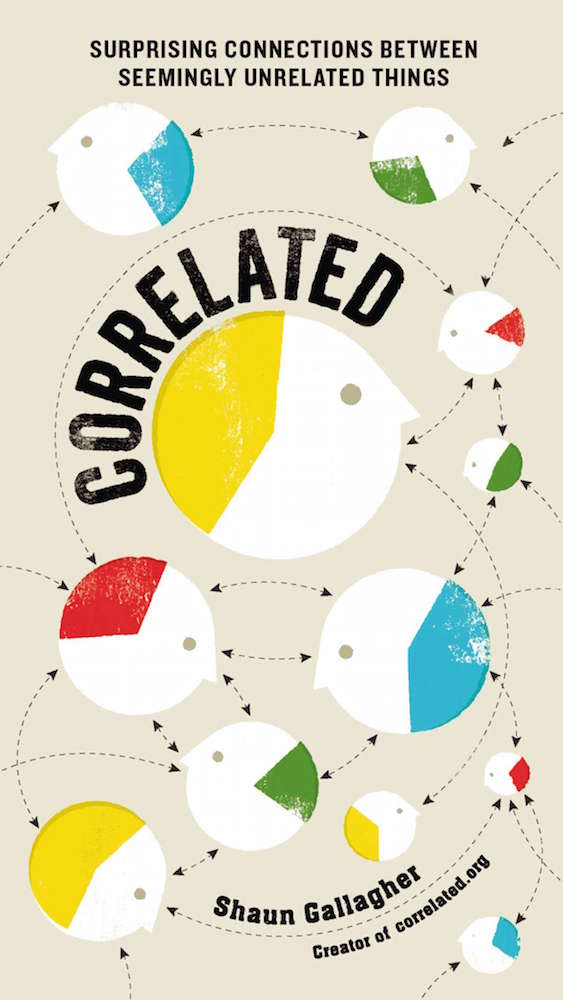Why don't I drink? How much time you got?

Author's Note: This essay is excerpted from a chapter of my upcoming book, "I Hope They Serve Root Beer in Heck."
For a long time, whenever someone found out that I don't drink alcohol, I would prepare myself for the question that so often followed:
"Do you mind if I ask why?"
Truth be told, I have no reservations about sharing my reasons for being a non-drinker.
But I started to notice that people felt very comfortable — too comfortable — about probing into this particular personal choice, which is not always so easy for others to respond to.
Nobody ever asked me why I didn't smoke, or why I didn't swear, or why I unfailingly used Oxford commas.
But when it came to my abstinence from alcohol, curiosity usually got the better of them.
I consider myself tremendously fortunate to have never struggled with alcohol abuse or addiction, but I know many people who have, and I would guess that for those people, having to regularly give an explanation for why they now avoid alcohol could be annoying, uncomfortable, or quite painful.
Loquatious Compliance
Nowadays, I respond that I am happy to answer their question — so long as they've got the time to hear me lay out all 15 reasons.
Below is a summary of my spiel:
1. It tastes bad. I have tasted beers, wines, and hard liquors, ranging from the stuff you'd get at a college party to the fancy, top-shelf stuff. None has tasted better than a Coca-Cola. I'm sure someone will attempt to convince me that I just have to acquire a taste for it. Then I continue on with my next 14 reasons.
2. It's expensive. I've gone out on a night with friends who've spent easily 10 times more on alcohol than I did on soft drinks. That adds up! Coke's expensive enough these days, and fewer bars are offering complimentary soft drinks to designated drivers. I don't want my beverage budget to get any higher!
3. There's no hole I need alcohol to fill. While I have certainly experienced loss, disappointment, and challenges, I also readily acknowledge that many others in the world have it a lot worse than I do, and some have leaned on alcohol as an escape. But if I have less need of escape and more alternative options to enjoy myself, why bother with alcohol? If I don't need alcohol to make me more outgoing or enjoy social situations, what value does it provide me?
4. Making myself temporarily stupid doesn't appeal to me. I have spent enough time around drunk people to have formed an educated opinion about them. They are stupid. I don't mean to say that these people are always stupid, but that they have chosen to make themselves temporarily stupid through the effects of alcohol. Oh, sure, there are some upsides, in terms of social lubrication. But I don't want to be stupid, temporarily or otherwise. It's just not a state of being that has any attraction to me.
5. A loss of control doesn't appeal to me. There have been only a couple of times in my life where I've had to be on short-term medications that led to a feeling of not being in complete control of my senses. And I didn't enjoy the experience. Part of the appeal of alcohol for many people is that they can give up a little control, lighten up, let loose, release their inhibitions, and act in ways that don't come easily when they are sober. But I'm very content with remaining in complete control of myself. That doesn't mean I'm uptight 24/7 and can't relax. I just don't need alcohol to help me relax.
6. I have a family history of alcohol abuse. I never met my maternal grandfather. He died shortly after I was born. He struggled with alcoholism throughout his adult life, and it led to his losing custody of his children for much of their childhood. A propensity toward alcoholism can run in families, so I have chosen not to go down that path.
7. Potential worst case isn't worth it. Even if alcoholism didn't run in my family, my awareness that alcohol addiction is a big contributor toward family and relationship issues makes me reluctant to roll the dice. And even if the percentage chance of that happening is relatively low, I see the decision matrix on alcohol consumption as "in the best case, an occasional small pleasure; in the worst, it destroys your life."
8. I don't trust myself. While I wouldn't say I have an addictive or impulsive personality, there are certain areas of my life where I have not been great at practicing self-control or self-discipline. Knowing that about myself, adding alcohol to the mix doesn't seem like a wise decision. Not only might I find myself unable to practice self-control when it comes to alcohol consumption, but drinking might also affect my self-control in other areas.
9. Beer bellies suck. It could've just been an above-average metabolism, but I managed to keep belly fat at bay throughout my 20s and 30s; some of my heavy-drinking friends, on the other hand, started to look pudgy in their midsections. Now that I'm in my 40s, it's harder to keep the weight off, but I'd like to think I'm doing better than if I were cracking a few beers every week.
10. There's a list of things I don't have to worry about. How am I getting home safely tonight? Am I okay to drive yet, or do I need to wait longer? What if I get pulled over after having a drink — am I sure I'll blow below the legal limit? Are these symptoms related to my drinking or something else? Is this medication safe to take with alcohol? Did I say or do something embarrassing last night? Those worries never cross my mind.
11. Hangovers suck. I've never had one, but from what I've heard, they're no fun. Sure, I've done some late-night partying, and I've woken up the next morning feeling tired. But I never had to worry about the muscle aches, nausea, sensitivity to light and sound, headaches, and general malaise that come along with a bad hangover.
12. Puking sucks. Call me a stick-in-the-mud, but I just don't enjoy heaving up my stomach contents while bent over a toilet seat. Honestly, I'm amazed that anyone who does something so much that they vomit — whether it be drinking or roller coaster riding — would want to get right back at it the next weekend.
13. Doing things "the hard way" has benefits. During my young-adult years, my buddies jokingly called alcohol "liquid courage." I've never taken advantage of courage in a can, so that has forced me to summon courage from other places. It has not always been easy, but because it hasn't been artificial, I've been able to benefit from it over the long term. It's kind of like the difference between taking steroids to build muscle versus doing it the old-fashioned way.
14. Abstinence as a religious virtue. I'm Catholic, and although Catholicism does not forbid alcohol, it does warn against overconsumption and drunkenness. I'm also the son of an Irishman, and the Irish have a bit of a reputation when it comes to alcohol. That reputation has caused a lot of strife and heartache within families, and as a response, some priests and other church members formed societies like the Pioneers to encourage voluntary abstinence from alcohol as a devotional practice. I'm not a member of the Pioneers, but I do support its objectives.
15. Solidarity with other non-drinkers. As I mentioned above, I'm aware that many people swear off alcohol for very serious reasons. I would guess that every Alcoholics Anonymous meeting has attendees whose lives were turned upside down by their reliance on alcohol. It's important to me to make sure those folks feel included and supported. In the workplace, I've advocated for social activities that don't revolve around drinking, and in my personal life, I try to make sure that if an event or gathering is planned, there are plenty of options for people besides alcohol.



